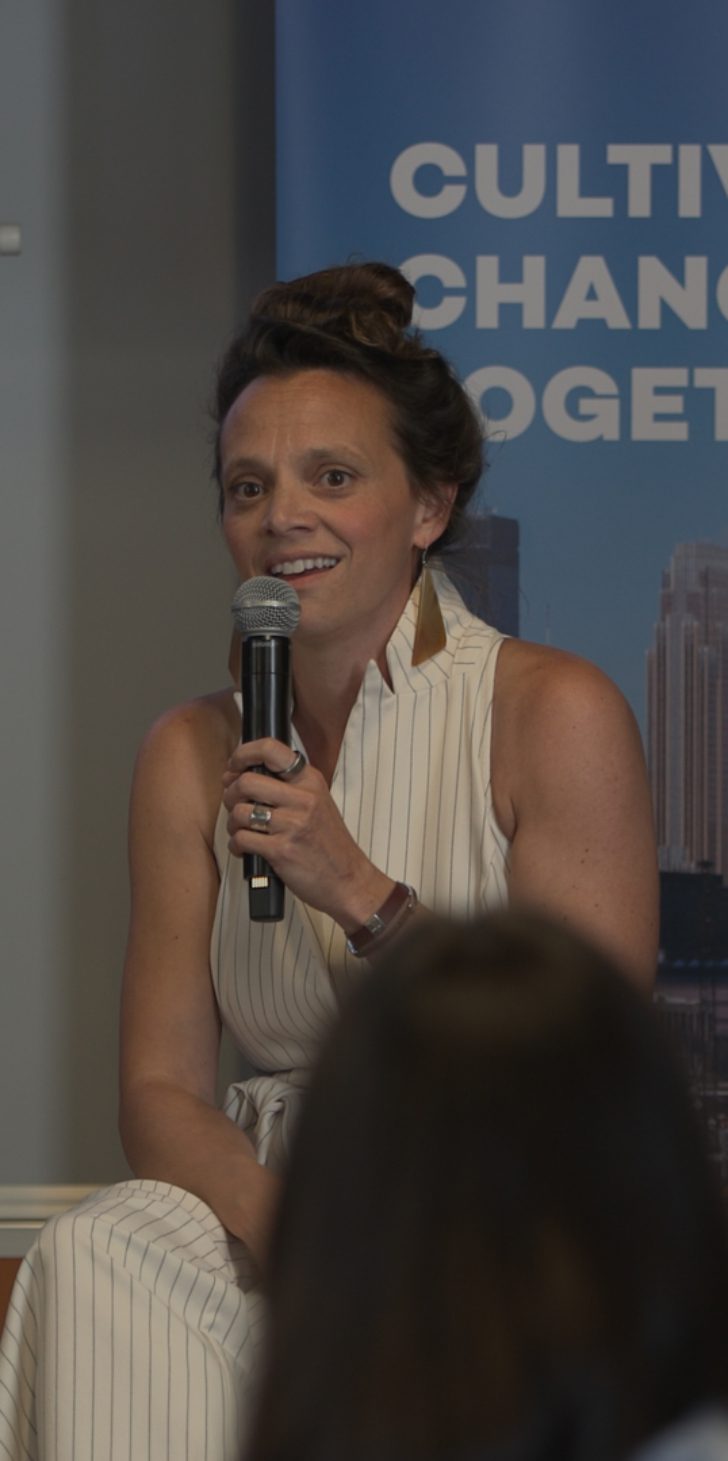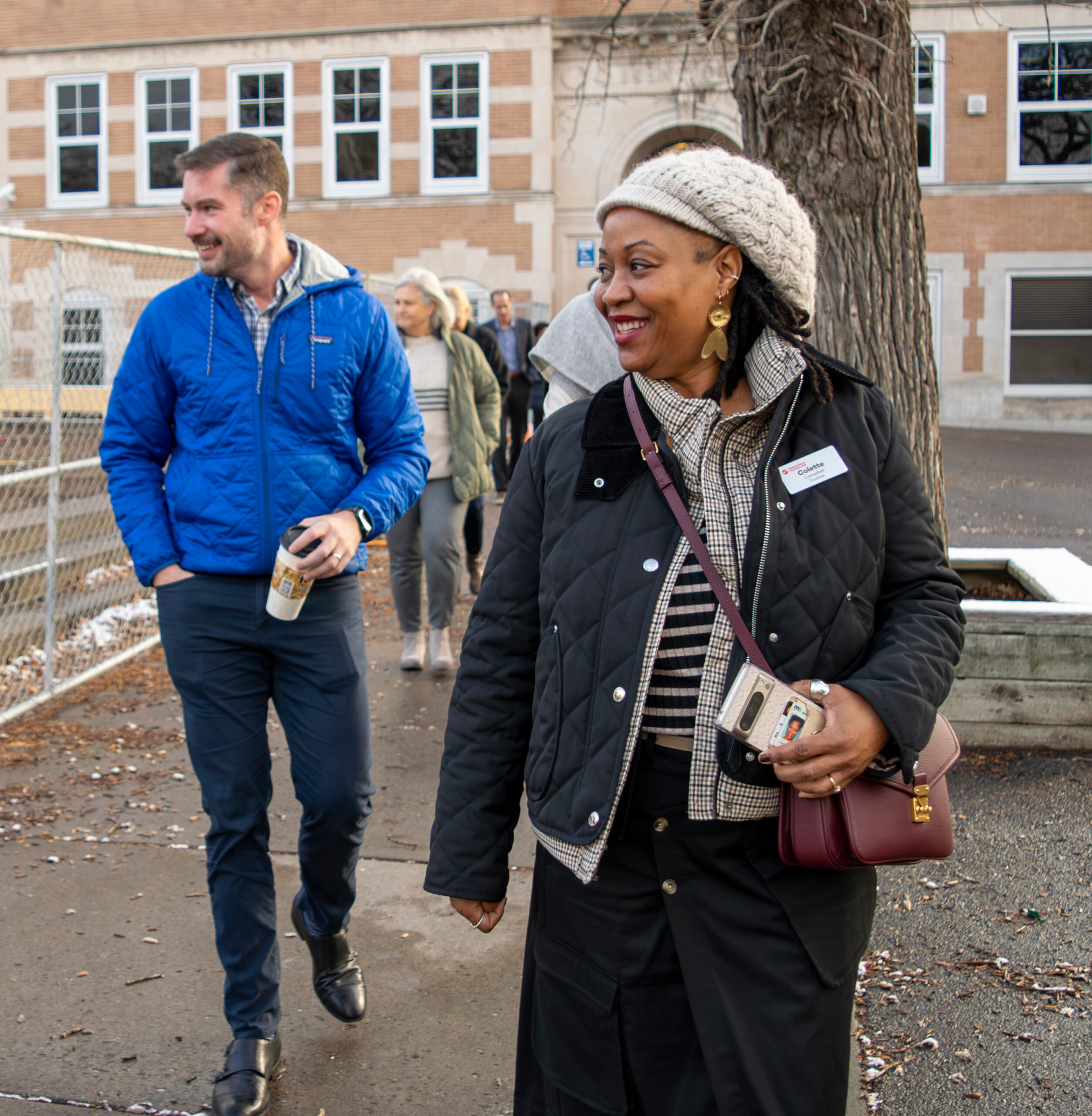Cultivating
change
together.

Be the philanthropist our community needs. Open or transfer your Donor Advised Fund today.
Who
We Are
The Minneapolis Foundation cultivates generosity by driving action for the greatest civic, social, and economic needs. We partner with nonprofits, facilitate grantmaking, drive research and advocacy, and provide services to donors seeking to make a difference.
The Latest
story
Graze 4 Good Trivia Night Will Support Youth-Led Work
Fourth Generation fundraiser will be held April 30 at Graze Food Hall by Travail. This year, the group chose to support organizations and projects that are led by young people and focus on cultivating youth leadership.
Read Storystory
Our Commitment to Advancing Economic Mobility
Recognizing today’s challenges, the Minneapolis Foundation is launching an updated version of the Racial and Economic Justice grant program that incorporates feedback about the need for more flexible resources to support organizations that advance economic mobility.
Read Storyvideo
Youth-Led Solutions to Violence
Watch this video to learn more about the Fund for Safe Communities and the people working together to prevent violence in our community.
Watch Video
Join Us
Invest in Community
Start your own fund or contribute to a collaborative effort.
Apply for Funding
Learn about our grants, which support short-term needs and long-term change.
Visit Our Learning Hub
Learn how our collective efforts cultivate change.